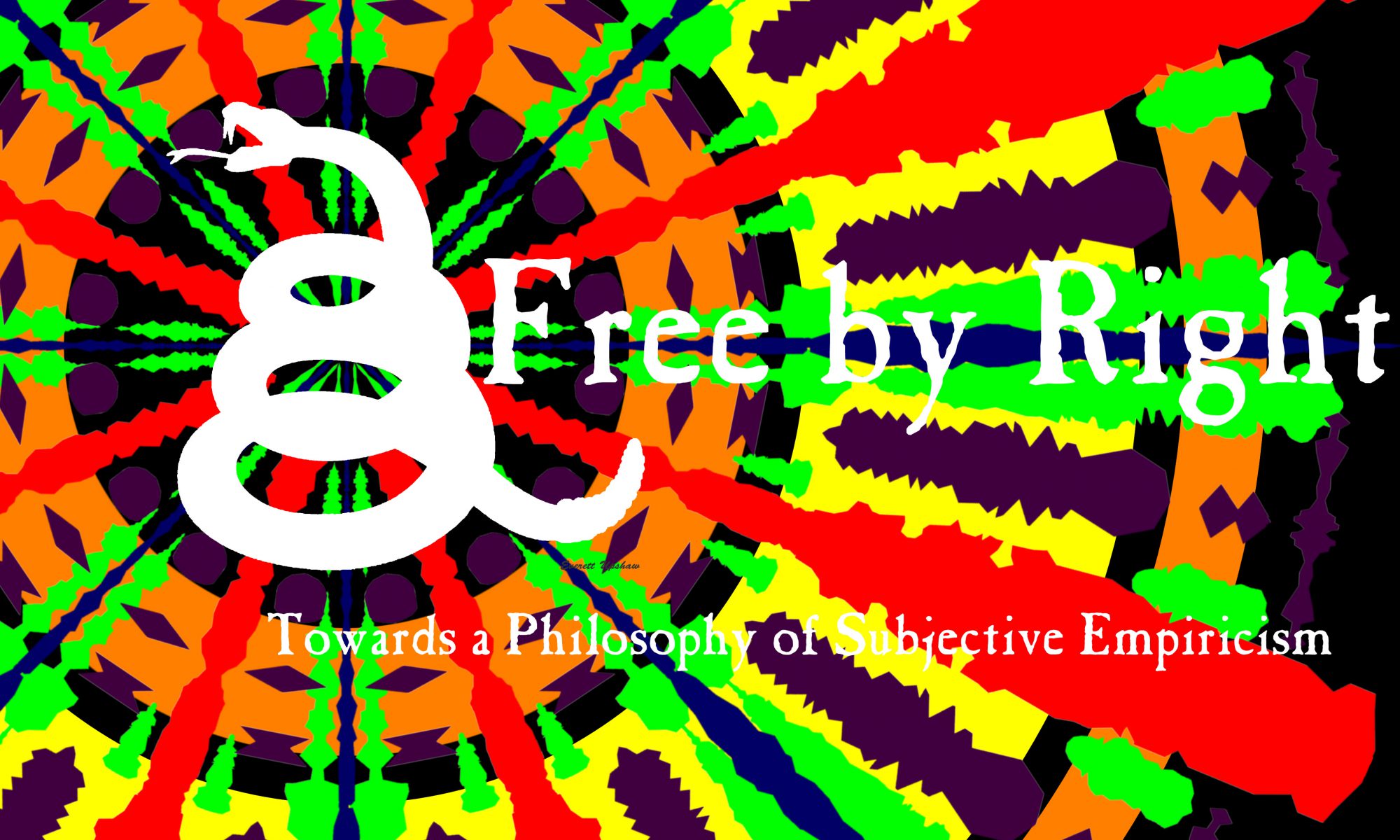Our task in this world is obviously, hopelessly beyond us; yet still, to find our meaning, fulfill our soul, and be true to our conscience, we must keep trying to accomplish it, and even believe we are on our way towards accomplishing it. Hubris is our fatal flaw precisely because we cannot quite function without it; and original sin is hubris’s dark shadow, the price we pay for exercising hubris and ignoring the distinction between what we are and what we can see ourselves being; between the world and the spirit; between humanity and God.
This is the conundrum at the core of our existence; simultaneously captured and missed by Gödel, Escher, and Bach in their way; Plato and Descartes in theirs; Aristotle and Bacon in theirs; Socrates and Derrida in theirs; and each and every one of us in our own way.
How to enrage an epistemologist
Epistemology involves the nature of knowledge, justification, and the rationality of belief. Many years ago, on the first day of graduate epistemology class with about five students in total, in response to the professor’s very first question to the class, I raised my hand and volunteered that I didn’t see how we could possibly be sure we know anything. It seemed an obvious enough point to me, but it led to an awkward silence punctuated by people shuffling in their chairs and looking around in an effort to avoid eye contact, as if I’d done something inappropriate or possibly even indecent. Despite the professor’s best effort to put on a neutral façade, it was immediately obvious from his reaction that I didn’t want to adhere to that position in class if I valued my grade. Almost a decade later, when I returned to law school, a student from that class recognized me instantly and re-introduced himself to me. Although he was friendly, it was clear he felt as awkward as an eyewitness to a crime might feel introducing himself to a guy he’d testified against.
The problem, if you are as slow as I was to see it, is this: Almost axiomatically, epistemologists and students of epistemology believe it is possible to know things; because they spend their lives talking and thinking about what we can know. Probably epistemologists self-select in the first place because something in their background made knowing psychologically important to them. Certainly, for epistemologists who publish and teach, that psychological importance must be reinforced by their need to believe what they spend all their time doing is meaningful and important; and by the fact their job and career come to depend on others accepting the meaning and importance of what they do.
If, in fact, we can’t be sure we know anything, it appears to many people (ironically, including epistemologists) to be a very short step to saying epistemology is a waste of time, epistemologists are wasting their lives, and universities are wasting their money by hiring epistemologists. I disagree with all of those conclusions; even though to this day, for the most part, I still accept the basic premise I expressed then.
To me, an epistemologist’s psychological difficulty in questioning their own ability to know seems an unusually pure example of how difficult it is for the human mind to escape hubris. Another fairly neat example is how threatened many philosophers and mathematicians feel by the implications of Gödel’s proof. But it’s a problem we all wrestle with in our lives.
To be clear, I love knowledge and reason, and believe they are important. The fact we can master neither satisfactorily—let alone perfectly—is not an excuse for ignorance or irrationality. Both hubris and original sin can be found deep at the core of even the most vehement opponent of common sense (along with any number of other psychological problems; some of the evillest acts in human history, e.g., Pol Pot’s annihilation of Cambodian intellectuals, and even the Holocaust, are closely linked to the rejection of knowledge and reason).
Our relationship with hubris and original sin may be compared to the glitter in a kaleidoscope: the colors can be rearranged again and again but there is always a tantalizing suggestion of a pattern, and always a frustrating disorder to the pattern, no matter how hard we try to impose order or destroy it.


